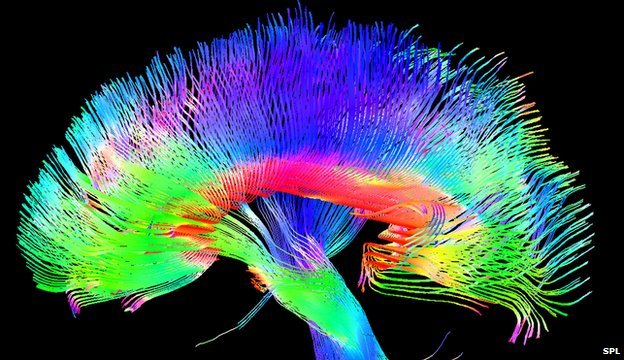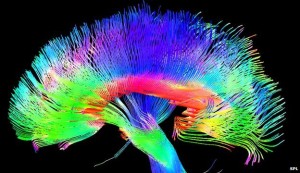“Progress is impossible without change, and those who cannot change their minds cannot change anything.”
~ George Bernard Shaw
In order to change one’s mind, a human being in good physical and mental health, must prioritize mindful intent. Mindful intent is focus placed on acting in accordance with desire. As every New Year approaches– the common theme of “change” emerges. Human beings all over the earth pledge to ascertain a way to achieve a “better” version of themselves. Change is a meme, that we humans adopt to diverge from the past and create the future.
We must change our minds before we change our lives– we must change our lives before we change the interface of our immediate reality. Learning to change our minds is of utmost importance. It seems simple– but it takes will, time, and practice to break from nebulous mental loops and years of well-crafted associations anchored into obscurity. Mental networks must be re-wired in the image of change.
Paying Attention Matters
Where one places energy is important– it cues dendrites to assimilate and deliver specific data to neurons, creating neuronal networks over time. These neuronal networks become the mainframe, on which the brain operates.
If I want to gain a better vocabulary, and act on that desire, then I will pay attention to obscure words I come across while reading a book. If I find myself reading and overlooking words I do not know, then I would have missed my opportunity to learn new words– therein lacks attention. To pay attention to the missed opportunity creates a space in which one could go back, re-read a passage and eventually define the word. Paying attention to not paying attention, is an elementary action and precursor to change. One must first become aware of the lapse in attention in order to create an opportunity for change to occur.
How Change Manifests in the Human Mind
The variation and malleability in perception, contours our intent. Assuming, once again, that a human being is in good physical and mental health– the contoured intent is brought into reality. Accepting malleability to be the nature of consciousness is to accept a certain level of will. It is a great responsibility to accept change as a lifestyle– and a great responsibility to accept change as proof of human will. To go against change out of fear, is to lose out on the potential of mind.
For every day I paint, my sight anew.
A painter develops a sense of technique– ways in which to manipulate a chosen medium as desired, through practice. A painter may start off with crude sets of scribbles, but through practice, etch a sublime pathway into the visionary insights of his or her mind.
Things age to subtlety, as does talent age to skill.
One must pay attention to the nature of thinking– observe the ways in which a thought morphs, and practice doing so to build an understanding of how the mind functions. The value in change is evolution.
Human beings, throughout time, have constructed newer and newer ways in which to think– usually, thoughts are bound by associations to our external environment. Before we notice the effects of our external associations on our internal environment, a neuronal program has already begun. Through taking into consideration the external environment, and placing priority on the internal environment, we can develop richer ways in which to become the masters of our inner-circuitry, re-mapping the ways in which we view and receive information. When practiced enough, one becomes aware of how one thinks, and this ensures that one will not get trapped in particular thought processes anchored in specific past-times. In other words we must take a critical eye to the self.
In the case of the human being who is aware that they are behaving in a particular way and lack the mental courage to change– the first step to changing, is the awareness of an override in mental effort. Programs take time to implement– and forging new pathways can be similar to the rate of the body’s recovery after surgery. One simply does not break one’s arm and get better the next day– it takes time for tissues to regenerate– such is the nature of building mental networks.
A Thing of Importance–
No one but you can change you.
A human being may be influenced by this or that— but one’s mental process is uniquely cultivated. One must see the value in change in order to do so.
We are all participants of environments and our internal environment is the architect which projects unto all else. If we learn to observe our mind’s morphing quality– we stand a better chance of learning what we can do with it to achieve our most heartfelt desires for the greater good of humanity.
Happy, Wondrous 2015!
MorphogenicMe.com

